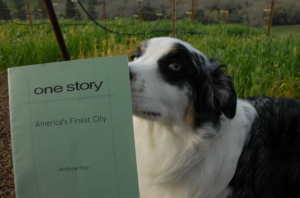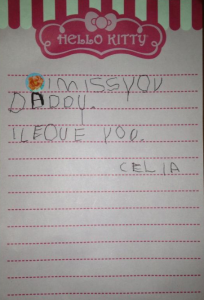More foreign sales news for BELIEVERS: This time it’s Turkey!
So now in addition to English and Polish (see below), you can read my debut novel in Turkish.
When I tell people about the foreign sales, they always ask if I’ll get to go to Poland and Turkey. I say I don’t know but it sure would be nice.
Also related to BELIEVERS: I finished another revision of the manuscript and turned it in to my editor, and I recently signed the book contract (so I guess it’s officially official).
At this point, we’re looking at a fall 2014 publication date.
Not related to BELIEVERS: Here’s a kickass short story by the always kickass Lindsay Hunter.


